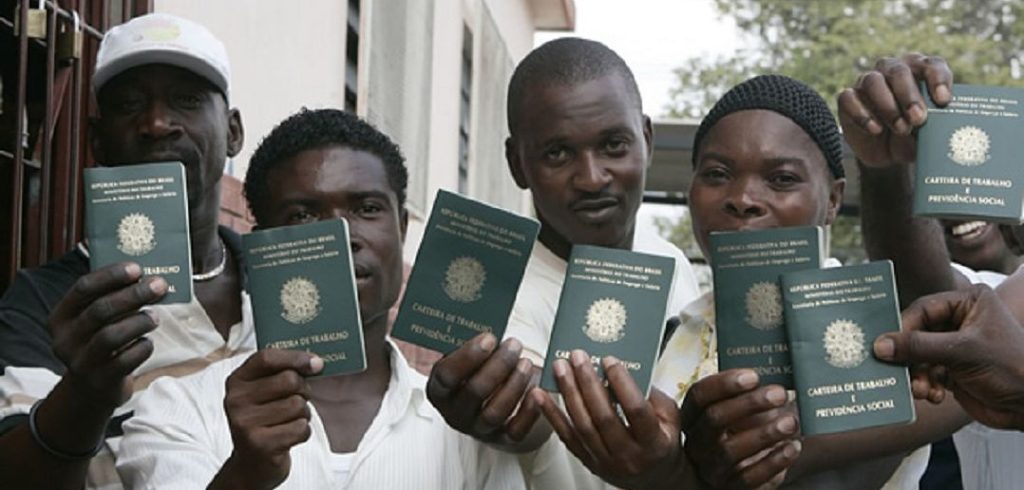RIO DE JANEIRO, BRAZIL – In ten years, there has been a 24.4% increase in the annual number of new immigrants registered in Brazil, with Venezuelan, Haitian, and Colombian immigrants being the main culprits. The data was released by the Ministry of Justice and Public Safety on Tuesday (7).
Currently, 1.3 million immigrants reside in Brazil. From 2011 to 2020, the most significant flows were from Venezuela, Haiti, Bolivia, Colombia, and the United States in ten years.
The number of new refugees recognized annually went from 86 in 2011 to 26.5 thousand in 2020. The requests for recognition of refugee status also increased, from about 1.4 thousand in 2011 to 28.8 thousand in 2020.

The data are part of the project “2011-2020: A decade of challenges for immigration and refugee status in Brazil” and were produced by the International Migration Observatory (OBMigra), a partnership between the Ministry of Justice and Public Safety and the University of Brasília (UnB). The reports are available on the immigration portal.
Immigrants also occupied more jobs in the Brazilian market. In 2011 there were 62,423 and, in 2020, 181,358. From 2019 to 2020, the jobs created for immigrants and refugees in the formal market increased from 21,400 to 24,100. An increase of 12.7%. The state of Santa Catarina created the most jobs.
The number of immigrant students enrolled in the primary education network in Brazil went from 41,916 in 2010 and was 122,900 in 2020.
Between 2011 and 2020, the recognition of refugee status by the National Committee for Refugees (Conare) was concentrated on Venezuelan (46,412 recognitions), Syrian (3,594 recognitions) and Congolese (1,050 recognitions) nationalities.

